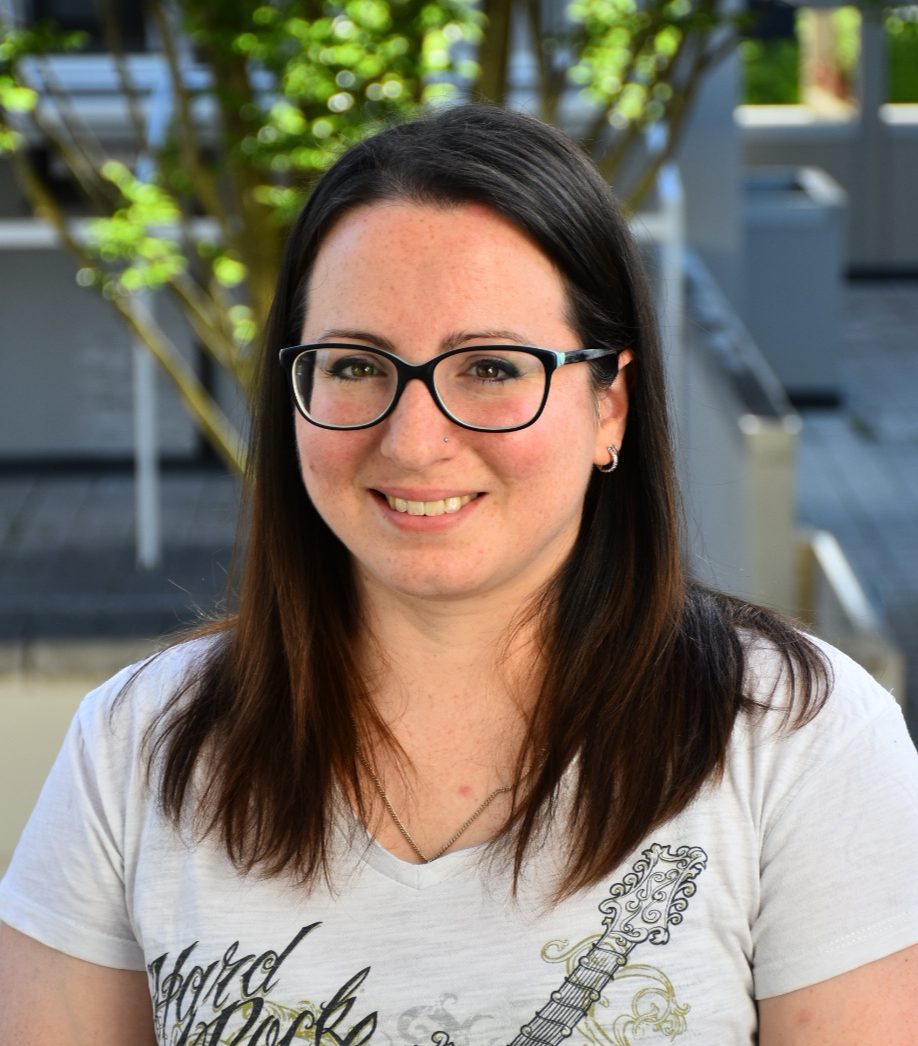Financeur pour les projets : ChemArch European Project (ITN International Training Network ; EJD European Joint Doctorate). This project received funding from the European Union’s Horizon 2020 research and innovation programme under the Marie Skłodowska-Curie grant agreement No 956351.
Direction de thèse : Martine REGERT (UMR 7264 CEPAM)
Co-directeurs de thèse : André Carlo COLONESE (Universitat Autònoma de Barcelona), Xavier TERRADAS (Institución Milà i Fontanals - CSIC, Barcelona), Didier BINDER (UMR 7264 CEPAM)
Date début de la thèse : Depuis le 21/07/2022
Thème de la recherche : Enhancing the scientific and heritage value of heat-altered stones in prehistoric archaeology through a molecular approach
Mots-clés : Heat-Altered Stones, lipid residue analysis, carbon stable isotopic analysis, Early Neolithic
Projet de thèse
The spread of agriculture in the northern Mediterranean around 10,000 BCE represents a pivotal transformation in the socio-ecological landscape of Southern Europe. The adoption of domesticated plants and animals reconfigured social structures, resource management strategies, dietary practices, population dynamics, health, and cosmological perspectives. While extensive research has explored these changes through archaeobotanical and zooarchaeological analyses, as well as ceramic residue studies, other material evidence remains underutilized. Among these, Heat-Altered Stones (HAS) have been widely documented in prehistoric farming societies but remain an overlooked source of information on Neolithic culinary practices.
The overarching aim of this research is to add HAS to the toolkit of Neolithic studies by exploring their untapped potential as archives of food molecules derived from culinary practices and subsistence strategies, thereby enhancing our understanding of Neolithic food processing and consumption in Western Europe. To achieve this, the study employs a multidisciplinary methodology. First, it documents the distribution of HAS across different chronological, geographical, and cultural contexts in prehistoric archaeology. It then identifies and characterizes morphological alterations associated with heat exposure, such as cracks, fractures, discoloration, and depositional remains, focusing on key Early Neolithic sites in Southwestern Europe: La Draga (Spain) and Pendimoun (France). Additionally, it assesses the potential of HAS for recovering information on past culinary practices through molecular and carbon stable isotope analysis of lipid residues. Finally, the study compares the molecular fingerprints of HAS across sites and correlates them with existing and new molecular analyses of associated ceramic vessels.
Cursus Universitaire
- Since 2021 : PhD student – Univestitat Autónoma de Barcelona (Spain) and Université Côte d’Azur, Nice (France). ChemArch European Project (ITN-EJD)
- 2020 : Master’s degree – Conservation Science and Technology for Cultural Heritage - Ca’ Foscari University of Venice (Italy)
- 2019 : Training Course in pedagogical-educational discipline achieving Teaching qualification - Ca’ Foscari University of Venice (Italy)
- 2018 : Course of Archaeological Restoration – Archaeology Lab CAMNES - Florence (Italy)
- 2017 : Bachelor’s degree – Technologies for the Conservation and the Restoration – Ca’ Foscari University of Venice (Italy)
Participation aux colloques internationaux
Oral presentation :
- 2024 : EAA, European Association of Archaeologists – Rome (Italy)
- 2024 : VIII Congreso de Neolítico Peninsular - Alcalá de Henares (Spain)
- 2023 : MetroArchaeo, IMEKO International Conference on Metrology for Cultural Heritage - Rome (Italy)
- 2020 : MetroArchaeo, IMEKO International Conference on Metrology for Cultural Heritage - Online
Poster presentation :
- 2023 : ISBA10, International Society for Biomolecular Archaeology - Tartu (Estonia)
- 2023 : XXIVe colloque du GMPCA, Archéométrie 2023 - Nice (France)
Médiation scientifique
2024 : Fête de la Science : biomolecular archaeology workshop - Nice (France)
Expériences de terrain – chantier de fouilles
2024 : Excavation campaign, La Draga, Banyoles. (Spain)
2023 : Excavation campaign, La Draga, Banyoles. (Spain)
2018 : Excavation campaign, Domo, Arezzo. (Italy)
Publications
Cantelli M, Terradas X, Binder D et al. Diamonds in the rough - reconsidering the scientific and heritage value of heat-altered stones in prehistoric archaeology through a systematic literature review [version 1; peer review: 2 approved]. Open Res Europe 2024, 4:254 (https://doi.org/10.12688/openreseurope.18837.1)
Cantelli M, Cimino D, Facchi A, Phaneuf RJ, Zendri E. Non-Vascular Ceramic Sherds Coming from Two Italian Etruscan Settlements: Peculiarities and Interpretation of Their Possible Use. Heritage. 2022; 5(3):1433-1448. https://doi.org/10.3390/heritage5030075
Extrait de la production scientifique (HAL)
Filtrez par type
Ou filtrez par année


